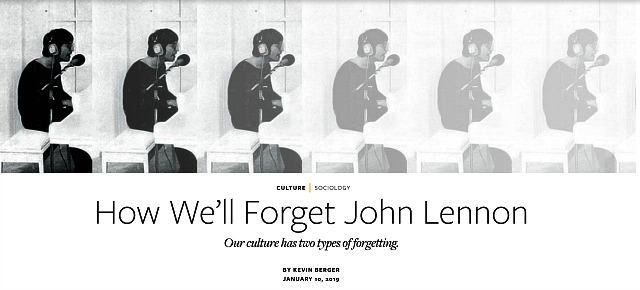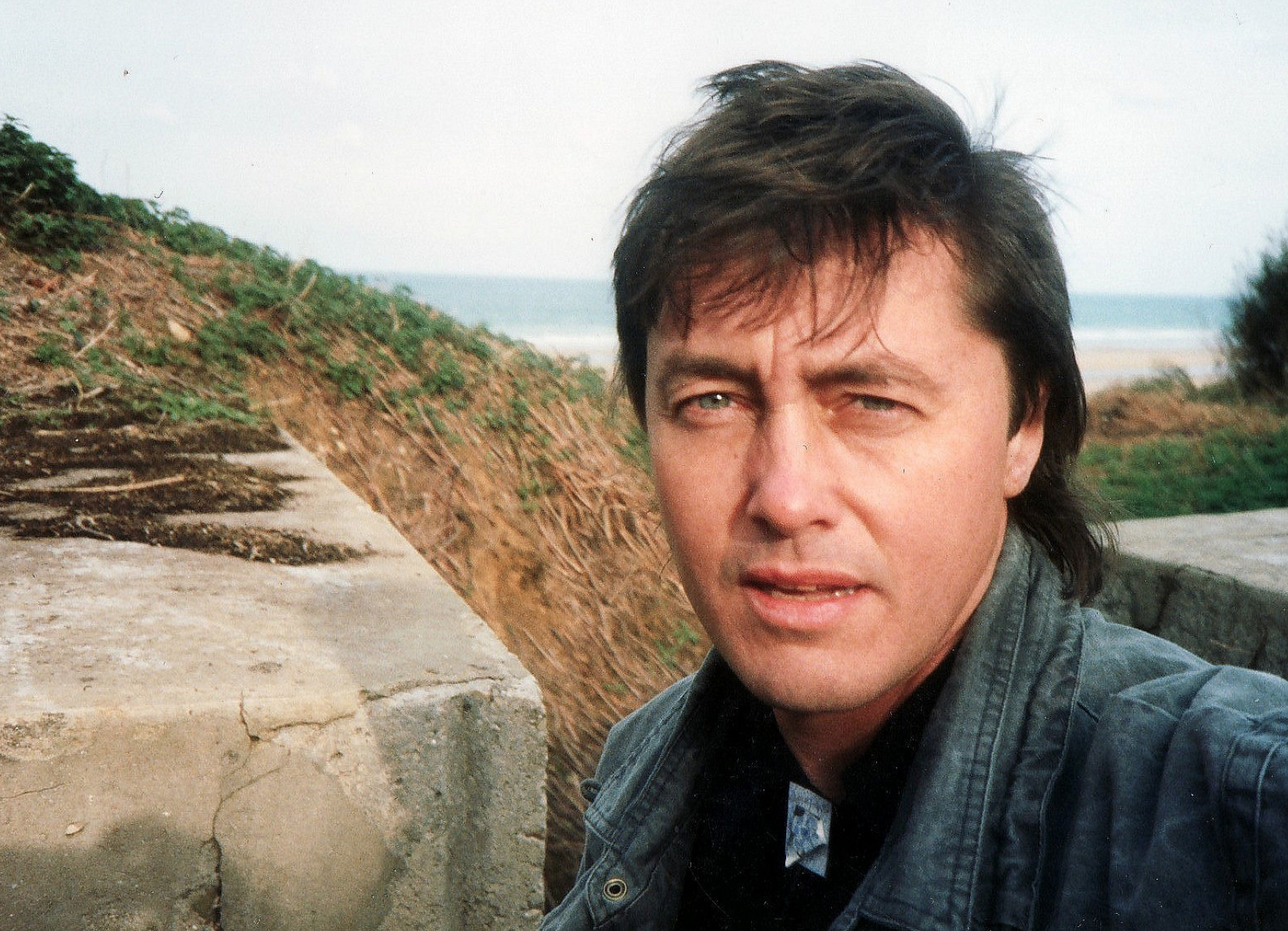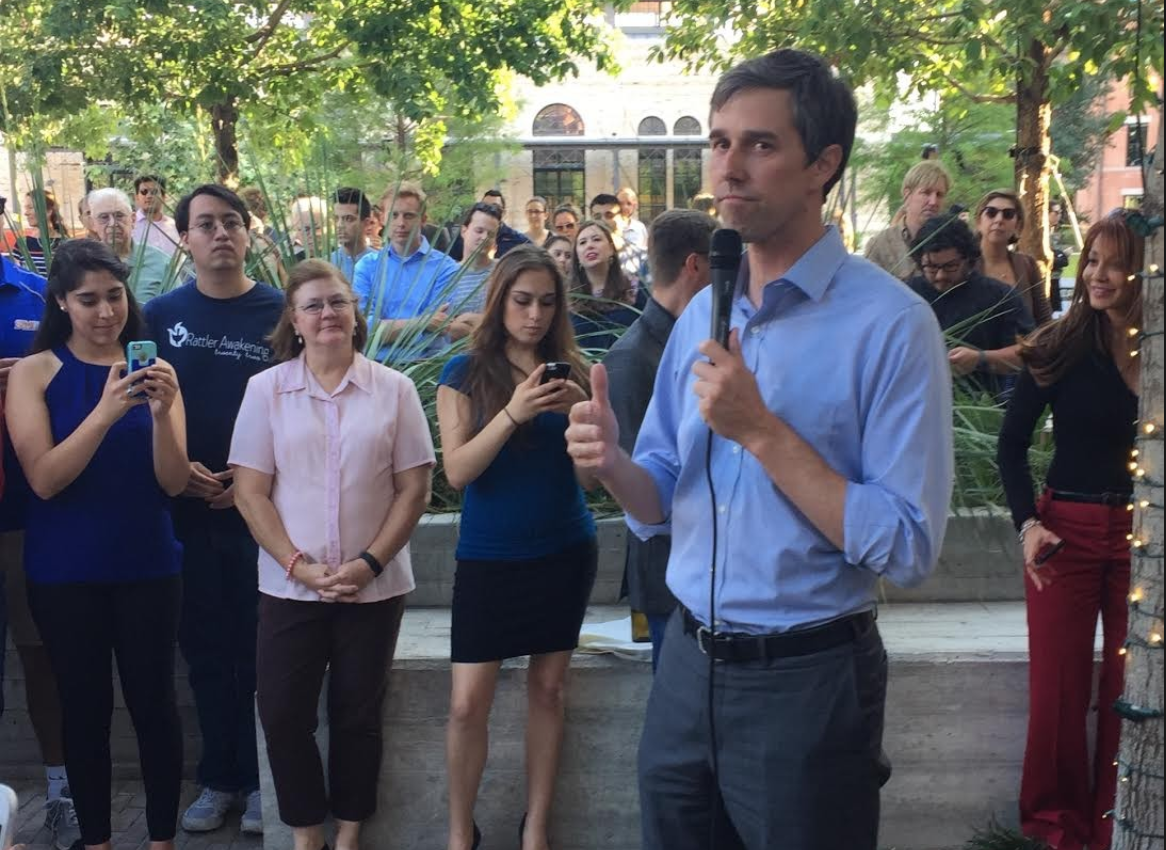Day: January 17, 2019
Push Came To Shove
I’ve been a mildly angry guy most of my life. Contrarian, questioning authority, a pushback instinct. Born of my father’s alcoholism and aloofness, etc. Over the last 25 years of journalistic endeavor it’s been slipping out by way of the “three sees” — cerebral, channelled, controlled. But in my late teens the anger was more eruptive and hair-triggerish, and one day in a high-school hallway it almost ruined my life. Except it didn’t, thank God.

[Click through to full story on HE-plus]
Beto Needs To Get On The Stick
It doesn’t matter if Beto O’Rourke is supported wholeheartedly by the picky progressives or if he’s the “best” Democratic choice to succeed Donald Trump in 2021, whatever the hell that means. What matters is (a) defeating the Cheeto, and (b) replacing him with someone whose instincts are basically populist and not too corporate-kowtowing, someone who’s forward-looking with a multi-ethnic reach-out attitude to the Great Middle, who’s not psychotic or delusional or necessarily beholden to the politically correct fanatics, and who respects the Constitution and the ideals and traditions of this country and who’s basically Bobby Kennedy reborn, only taller.
Beto has reportedly been searching his soul on a solo road trip (like Willem Dafoe purifying his soul in the desert) and trying to suss things out. Fine, whatever but not too much of this. He needs to just grim up and go for it, period. Step up to the plate and then figure it out as he goes along. He’ll definitely, definitely, definitely beat Trump if he wins the 2020 Democratic nomination. I can’t say that about any other candidate, declared or undeclared, right now. Including Uncle Neck Wattle.
From “Democratic Operatives Are Building Beto O’Rourke’s Campaign Without Him,” a new Atlantic piece by Edward Isaacc Dovere:
“’I think Beto’s really having a hard time making a decision, and he’s surprised at how hard it is,’ said Garry Mauro, the last Democrat to be elected statewide in Texas (in 1994, as land commissioner) and someone who’s been in touch with O’Rourke recently.
“There has been no official contact, but Mauro said O’Rourke is clearly registering how excited people remain about him, and he and his team are aware of Draft Beto. “I don’t think for one second that the Draft Beto movement is going unnoticed and doesn’t have impact. Of course it does. How could it not?”
“O’Rourke didn’t respond to a phone call or questions sent by text about what he makes of Draft Beto and whether the group’s existence is indeed informing his decision. He’s on a road trip, by himself, eating blackberry cobbler and crashing in motels, having conversations, and then posting Bukowski-style essays about what he sees.
Remember Paramount? Or Dreamamount, For That Matter?
“Paramount was Hollywood’s mountain — now it’s a molehill. After decades of nearly slapstick mismanagement — spinning off TV and missing the internet — the studio behind The Godfather is fighting for its life. In many ways [it’s] become a glorified rental property. Along with the rest of Hollywood, Paramount is colliding with Silicon Valley. The old-line film business is only going to become tougher as streaming services proliferate. Can Paramount — the studio that, more than any other, symbolizes Hollywood itself — find a path forward as a stand-alone studio? Or, as they did at Fox, could its end credits roll? Short-sighted moves by Viacom’s Sumner Redstone and his cronies — rooted in hubris and old-fashioned greed — dragged Paramount down. Longtime entertainment executives [have] likened the studio’s mismanagement under [the late] Brad Grey and his boss, Philippe P. Dauman, who ran Viacom from 2006 to 2016, to an old horror movie. Perhaps Invasion of the Body Snatchers.” Barry Diller: “Why Paramount? It’s irrelevant.” — from an 1.17 N.Y. Times story by Amy Chozick and Brooks Barnes.

Clarence Who?
I know all the great 1930s directors pretty well, or at least I thought I did. But I drew a blank this morning when I came upon a mention of Gwenda Young‘s “Clarence Brown: Hollywood’s Forgotten Master” (University Press of Kentucky, 10.17.18).
I certainly know Brown’s landmark ’30s and ’40s films (Anna Christie, A Free Soul, Ah, Wilderness, Anna Karenina, Wife vs. Secretary, Idiot’s Delight, The Rains Came, Edison, the Man, The Human Comedy, National Velvet, The Yearling) but for some reason his name has never popped through.
Brown was one of those directors who flourished in their day but whose visual style was exceedingly average or “house”, certainly by current standards. I kind of have Brown in lumped in with Mervyn LeRoy, another director who was highly regarded and worked on prestige projects in the ’30s, ’40s, ’50s and early ’60s, but who gets no respect from anyone today.
One problem is that the name “Clarence Brown” doesn’t have the right sound. Victor Fleming, Michael Curtiz, Howard Hawks and even John Ford sounded like guys who played golf in the best country clubs. Clarence Brown sounds like the name of a wheat farmer or an auto mechanic or grocery store owner. In this sense Brown is a kindred spirit of Chad Stahelski, director of the three John Wick movies. Stahelski is the last name of an electrician, a surfer, a pool-maintenance guy, a hot-dog chef at Pinks, a garbage man (excuse me, a sanitation engineer) or a guy whose grandfather worked in the same New Orleans factory as Stanley Kowalski.

Like They Never Existed
I’ve riffed before about collective forgetting of movie stars. Even those who were huge during their time…phffft. Four and a half years ago I lamented how Montgomery Clift, once regarded alongside Marlon Brando and James Dean as one of the most respected and influential ’50s movie stars, has all but disappeared in the minds of younger GenXers and Millennials. Don’t even talk about Generation Z.
Recently Cesar A. Hidalgo, director of the Collective Learning group at the MIT Media Lab and a principal developer of Pantheon, a software program that quantifies, analyzes and measures global culture, stated that almost every ostensibly famous person vaporizes after 30 years, and that some start to fade after only five years. It’s a brutal process.
The opening paragraph of a 1.10.19 Nautilus article titled “How We’ll Forget John Lennon“: “A few years ago a student walked into Hidalgo’s office at MIT. He was listening to music and asked the student if she recognized the song. She wasn’t sure. ‘Is it Coldplay?’ she asked. It was ‘Imagine’ by John Lennon.”
For 16 years Lennon was iconic, and then, 38 years and 38 days ago, he was murdered. Right now he might as well be cigarette smoke as far as many most under-35s are concerned.
Name some hot-tamale movie actors who were happening 10 or 20 years ago but are now all but forgotten. I hate to be cruel about it, but Josh Hartnett is on that list. Hartnett on fleeting superstardom: “I know what it’s like to be in that whole world. I was up there for a couple of years, and it was uncomfortable. I think trying to stay at the top is a shortcut to unhappiness.”

Mysterians Napping Pillow
My instant reaction to the $99 Ostrich Pillow was The Mysterians, the 1957 cheeseball Japanese space-invaders flick. If you’re any kind of fan of creaky monster movies of the ’50s, you should be as familiar with The Mysterians as the Godzilla franchise, Rodan, Gorgo, Gog, etc.
Are You Kidding Me?
If this trailer means anything at all, Steven Soderbergh‘s High Flying Bird (Netflix, 2.8) is going to be aces. Basketball with an emphasis on managing, strategizing, opportunity knocks…right? I’ll be in the audience for the first Slamdance screening. André Holland, Melvin Gregg, Zazie Beetz, Sonja Sohn, Zachary Quinto, Kyle MacLachlan, Bill Duke. The script by Tarell Alvin McCraney, the Oscar-winning co-writer (i.e., “story by”) of Moonlight.
Soderbergh (aka “Peter Andrews”) shot it last March on an iPhone7, as he did with grimly greenish Unsane. This time the visuals are much more appealing.

Best Precedent, Best Evidence
“The most a president generally has to fear from congressional hearings is embarrassment; there is always an aide to take the fall. Impeachment puts his own job on the line, and demands every hour of his day. The rarest commodity in any White House is time, that of the president and his top advisers. When it’s spent watching live hearings or meeting with lawyers, the administration’s agenda suffers.
“This is the irony of congressional leaders counseling patience, urging members to simply wait Trump out and use the levers of legislative power instead of moving ahead with impeachment. There may be no more effective way to run out the clock on an administration than to tie it up with impeachment hearings.” — from “Impeach Donald Trump,” an Atlantic essay (March ’19 issue) by Yoni Abbelbaum.
Not to mention a killer campaign narrative for the 2020 Democratic nominee.



